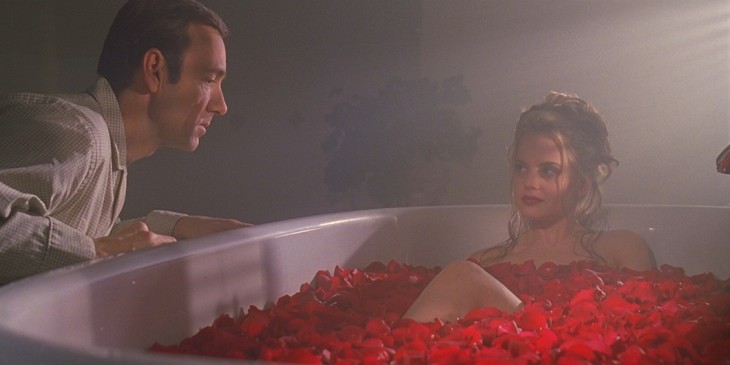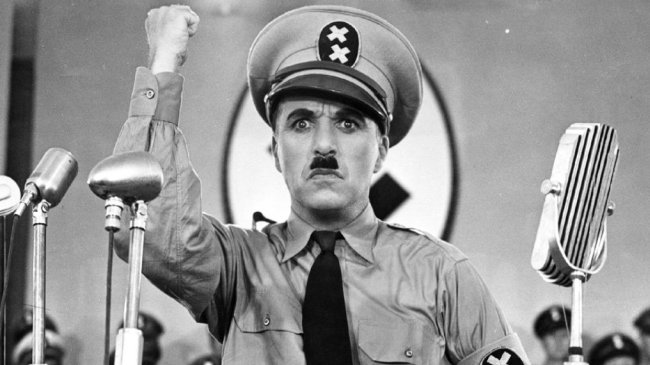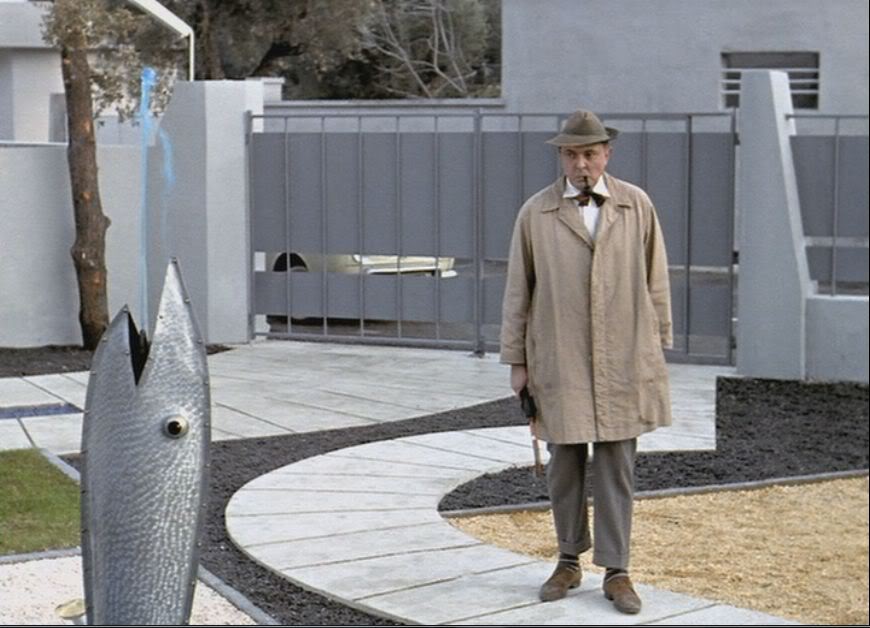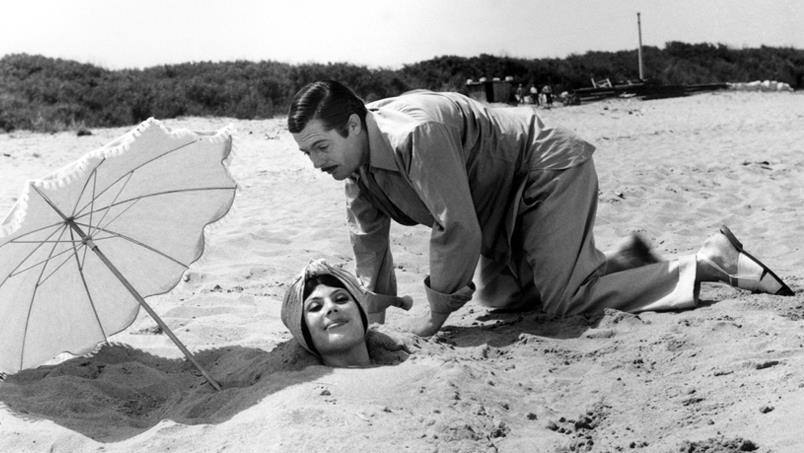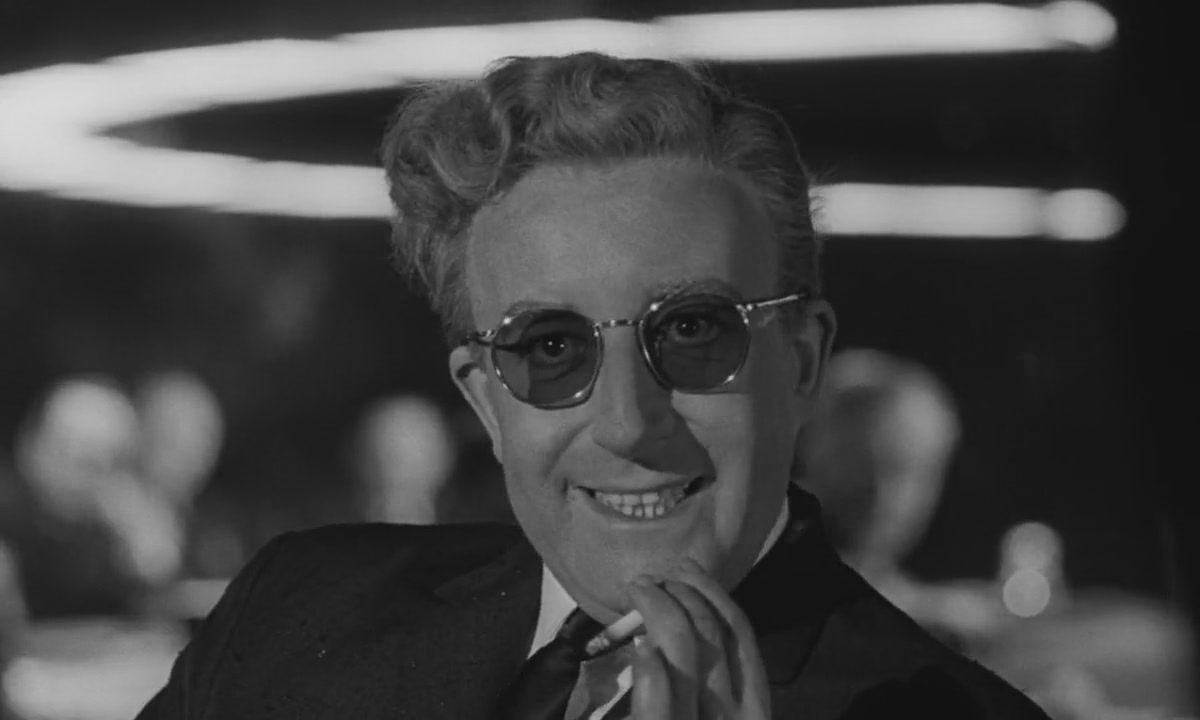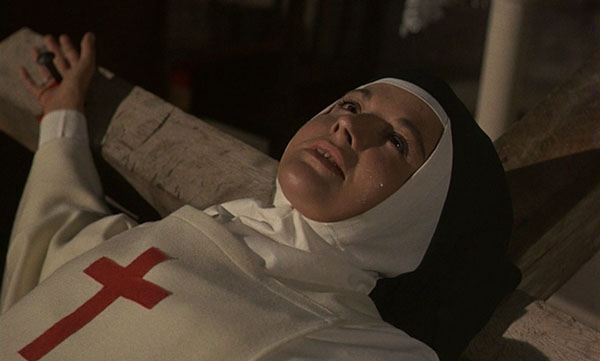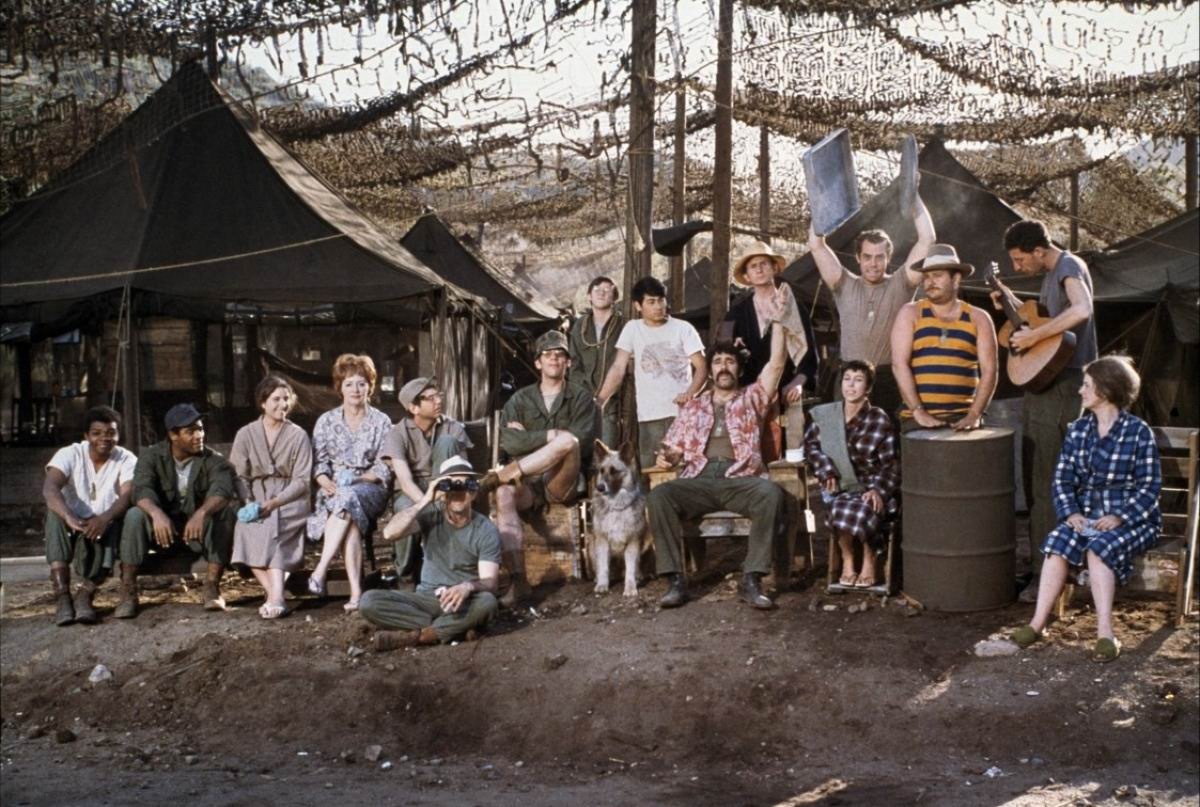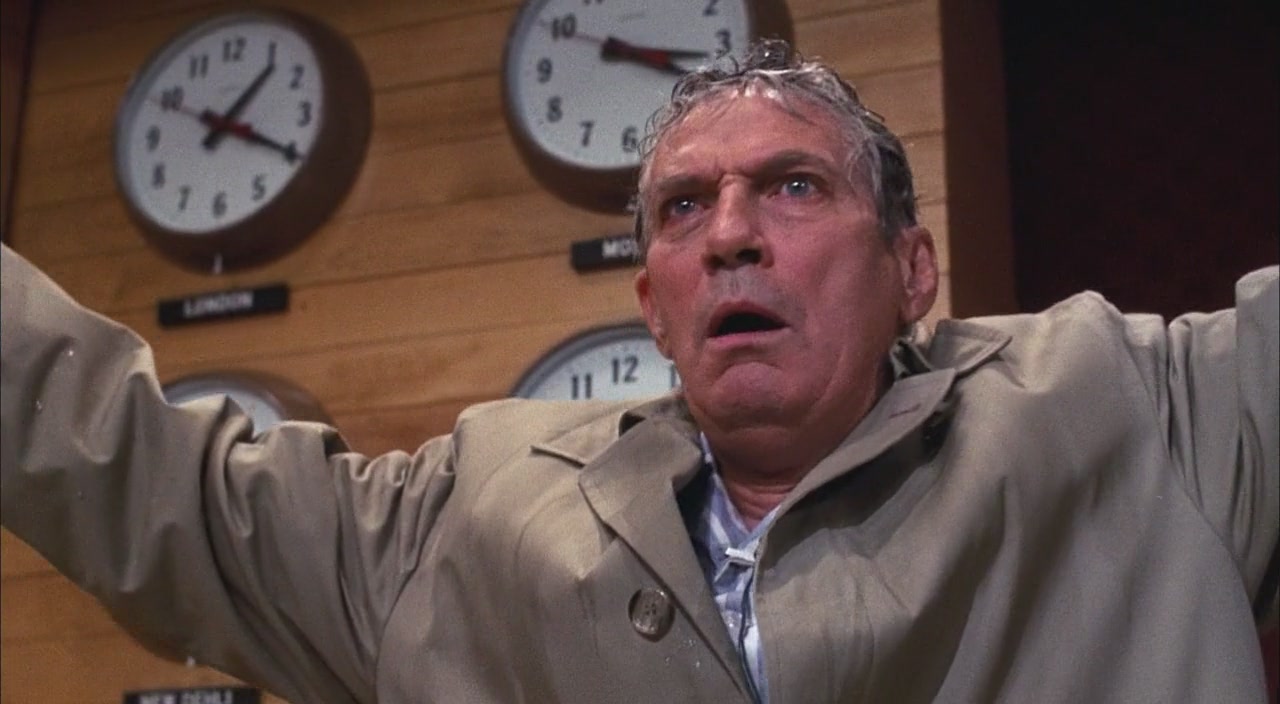Criticism has always played a central role in humanity’s evolution; even when we haven’t sought it out, it’s always been there. Social criticism is the basis of satire, and irony is often the main weapon used to attack certain norms that have become instilled in our daily realities.
Perhaps satire, as a film genre, has not been given the recognition that straight comedic or dramatic films have, but satirical films have been around for a long time, and have frequently mixed multiple cinematic genres to emphasize societal issues, and make examples of them.
Humor is often a consequence of misfortune. After being challenged about laughing at tragedy, Roberto Benigni responded by saying he felt hurt by the insinuation that laughter could not be viewed as an effective way of dealing with horror. The same types of complaints were aimed at Charlie Chaplin for mixing humor with social and political issues.
Satire, however, does not avoid humor – it seeks it out. Satire demands of spectators that they laugh at the issue at hand, and that those who are the target of the critique are made to look ridiculous.
The relevance of a satirical film is often strongly connected to the era or social context from which it emerges. Great satires, however, are capable of moving multiple generations of audiences regardless of the era or circumstances which gave rise to them. Here is a list of the 15 satirical films that touch upon deep human circumstances, evolution of dogmas, and tragic issues of dehumanization.
Note: The films on this list are ranked in chronological order.
1. The Great Dictator (1940)
Directed by Charlie Chaplin. Screenplay by Charlie Chaplin
The much loved Charlie Chaplin took a huge risk by deciding to adopt a humorous approach to the Nazis. The Great Dictator is probably one of the first movies to use satire to mock a historically specific political situation.
The film satirizes Adolf Hitler, the principles behind Nazism, and also mocks fascist leaders of the day. The characters’ names contain allusions to Joseph Goebbels, Hermann Göring, and Benito Mussolini. Although the critics praised the film and Chaplin’s courage for making it during such a tragic moment of human history, Chaplin admitted in his autobiography that in retrospect, had he really known how horrifying the Holocaust truly was, he would never have made the movie.
2. Mon Oncle (1958)
Directed by Jaques Tati. Screenplay by Jaqcues Lagrange, Jean L’Hôte, Jacques Tati
Tati’s first color film ended up being his most honored work; it received the Academy Award for Best Foreign Language Film and a Special Prize from the 1958 Cannes Film Festival, among several other awards.
The film has its director playing the starring role as the socially awkward and wacky Monsieur Hulot. He struggles with the modern architecture and consumerism which were a feature of France’s post-war system.
Even though it’s set up as a comedy, the screenplay critiques the dogmas imposed by the modernists of the new era and the influence they had on all types of art, including the film industry. Comedy and fluent communication come together in this film to produce a great satire of the modern era and its modern standards.
3. Divorce Italian Style (1961)
Directed by Pietro Germi. Screenplay by Ennio De Concini, Pietro Germi, Alfredo Giannetti
Divorzio all’italiana demonstrates that European filmmakers can be masters of criticism – and that any Italian movie of the time was better with Marcello Mastroianni in the lead! As usual, he gives a wonderful performance, this time as a Sicilian nobleman who is bored of living with his unattractive wife.
The film criticizes the model of marriage that was still prevalent at that time in a society that was both heavily Catholic and extremely chauvinist. Divorce was not allowed and even if couples couldn’t stand each other, they had to remain together for the rest of their lives. Germi’s screenplay satirizes this lifestlye by making an unhappy man escape his marriage in a clever, imaginative and funny way. These qualities were entertaining not only to the viewers of the time but also to us, decades later.
4. Dr. Strangelove (1964)
Directed by Stanley Kubrick. Screenplay by Stanley Kubrick, Peter George, Terry Southern based on the novel Red Alert by Peter George
More commonly known as Dr. Strangelove, Kubrick’s absurd nuclear satire hit theaters 50 years ago, and turned out to be not too far from the truth. The movie follows an insane general, played by Sterling Hayden, as he orders a nuclear attack against the USSR, triggering a disaster involving the US President as well as his advisers.
Given its plot and release date, it was entirely plausible that Dr. Strangelove would invoke panic and fear in audiences, but instead Kubrick successfully turns a potentially apocalyptic situation into a satire. By the end of the film, one has little choice but to laugh at the,various misfortunes of the different individuals, rather than worry about the greater situation.
Peter Sellers plays an RAF Officer, the American President, and the title character, Dr. Strangelove. Sellers does a wonderful job and is certainly one strongest features of the movie. He was nominated for an Academy Award for Best Actor, but unfortunately lost to Rex Harrison in My Fair Lady.
5. The Milky Way (1969)
Directed by Luis Buñuel. Screenplay by Luis Buñuel and Jean-Claude Carrière
The Milky Way revolves around theology and heresy committed under the doctrines of religion at the time, and levels serious criticism at Catholicism in and of itself. It does this not only by refuting their dogmas but also by satirizing their figures. The film tells the story of two men who go on pilgrimage and encounter several different ethical and moral dilemmas during their journey, including those related to Christian beliefs.
Buñuel always had a particular way of criticizing issues by adding touches of surrealism, and this film is a clear demonstration of that. Classical religious characters such as The Devil, the Virgin Mary and Jesus are shown, in order to push the two vagrants to question the differences between good and evil, and remind them that every decision can have serious repercussions.
6. M*A*S*H (1970)
Directed by Robert Altman. Screenplay by Ring Lardner Jr.
The popular 70s-80s TV show is based on this film, whose script was inspired by a 1968 novel entitled Mash: A novel about Three Army Doctors. Critical reception of both the film and the series was positive. The film follows the experiences of a unit of medical personnel during the Korean War. The cast includes Donald Sutherland as Hawkeye, Elliott Gould as Trapper John and Sally Kellerman as Major Margaret Houlihan (nominated for an Academy Award for Best Supporting Actress), among others.
Morality codes are the main object of satire; but the director never allows the audience to forget what with the realities of war without being either too serious or too repetitive. It mocks religion (featuring a Last Supper scene), sexuality and the traditional sense of heroism.
7. Network (1976)
Directed by Sidney Lumet. Screenplay by Paddy Chayefsky
After being critically acclaimed for his work in The Hospital (1971), as well as receiving an Academy Award for Best Original Screenplay, Paddy Chayefsky turned to the television industry. While his work may not have been welcomed by the small screen executives, it made a massive contribution to satirical film. Furthermore, his sardonic story seems to have been a premonition of reality shows.
The film features Peter Finch, Faye Dunaway, William Holden and Beatrice Straight, among others. Finch plays the iconic role of Howard Beale, the news anchorman that goes ‘mad as hell’ and provides us with some unforgettable and insane scenes. Dunaway’s character is Diana Christensen, described by Holden’s Max Schumacher as a television incarnation. Network received 10 Oscar nominations, including awards for Chayefsky, Finch (posthumously), Dunaway and Straight.
